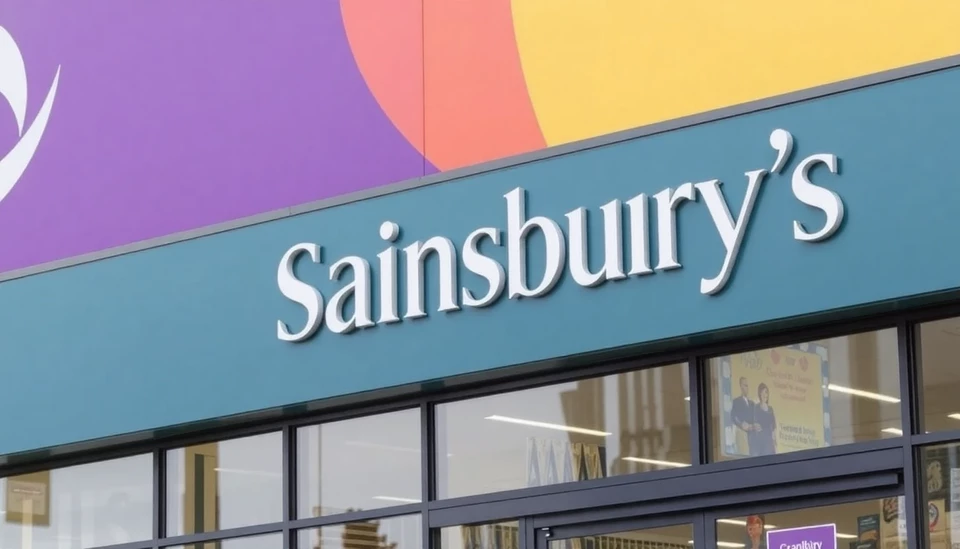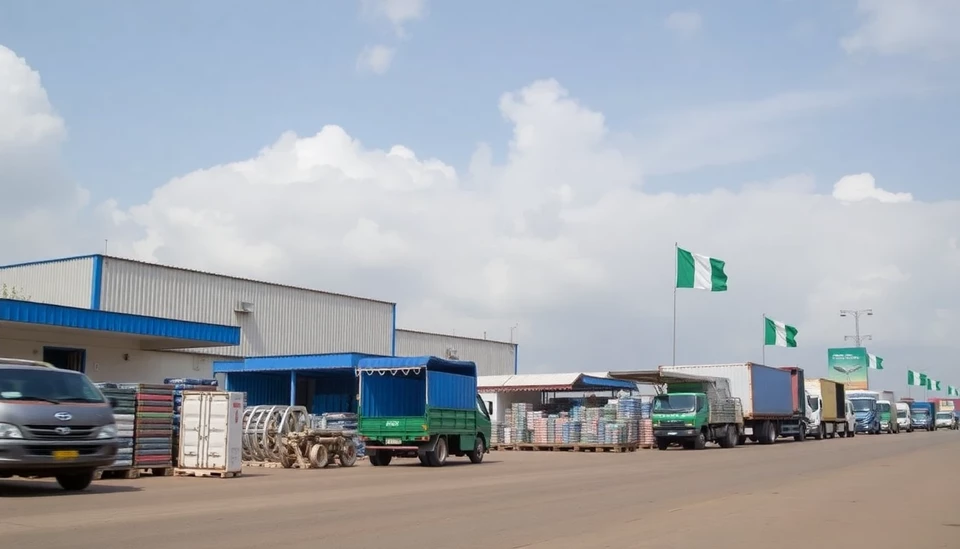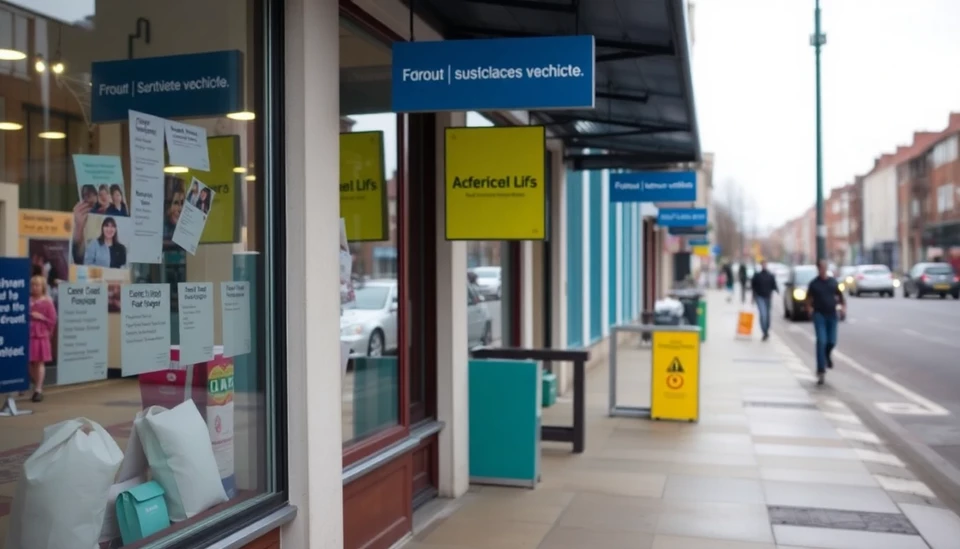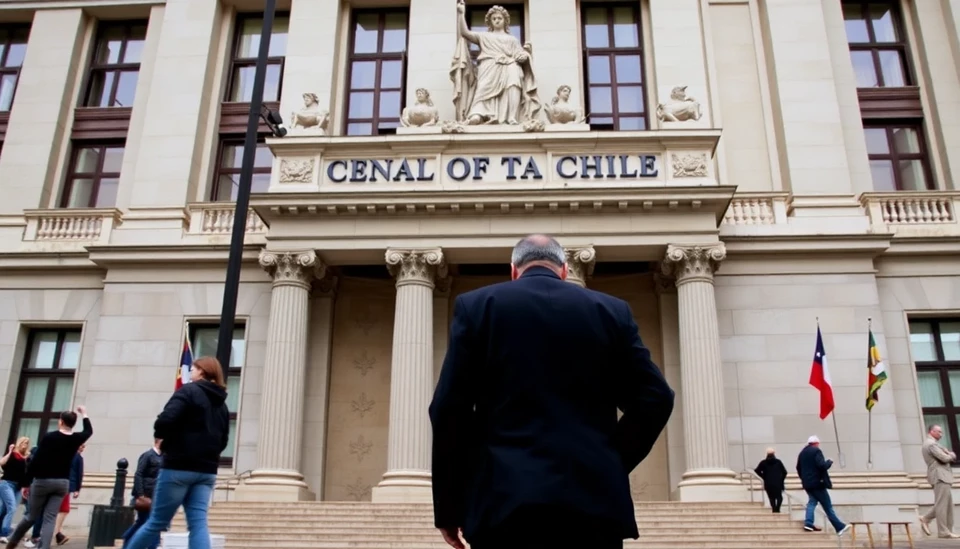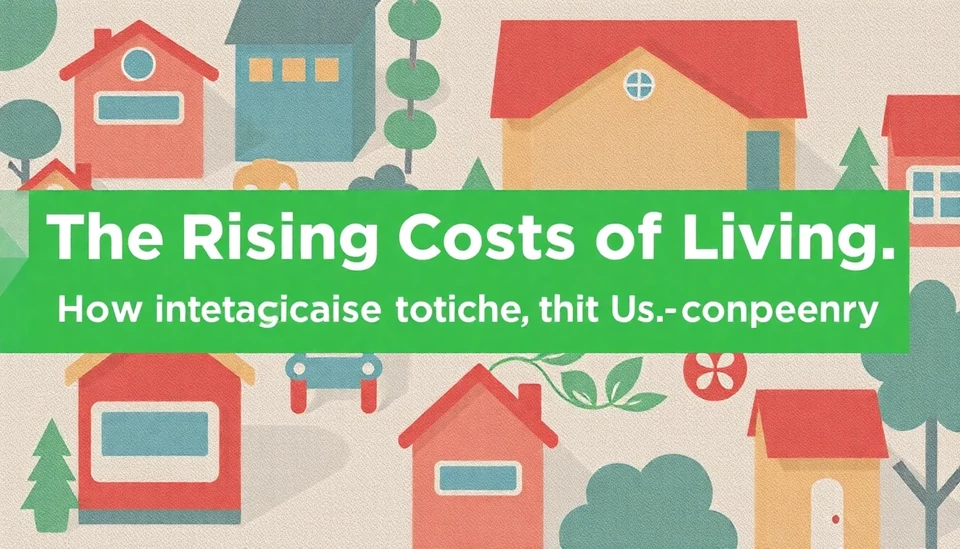
In a nation grappling with rising prices across essential sectors, a recent report highlights growing fears among American voters regarding the state of the economy. With surging costs for housing, automobiles, and education, many people are increasingly anxious about their financial futures. The findings indicate that these economic pressures are not just personal worries but are beginning to influence the political landscape as well, with potential repercussions for the upcoming elections.
As of October 2023, the cost of living in the United States has reached alarming levels, significantly impacting household budgets. Housing prices have hit record highs, with homebuyers facing steep competition in a tight market. Renters, too, are feeling the pinch as urban centers become more expensive due to demand fueling rent increases. Many voters express feelings of helplessness in the face of such escalating costs, worrying that their earnings may not suffice to maintain a reasonable standard of living.
In tandem with rising housing costs, consumers are also contending with the prices of automobiles that have surged due to supply chain delays and inflationary pressures. This has led many to delay essential purchases or seek alternatives, further complicating their economic situation. The burden of car ownership is particularly acute for families relying on personal vehicles for commuting and everyday activities. Voters are voicing concerns about how these increased expenses impact their ability to save for the future and manage existing debts.
Education is yet another significant area where costs continue to escalate. As tuition fees at universities climb, many young Americans and their families are contemplating the financial implications of higher education. Student debt remains a pressing issue, with many graduates entering the workforce already burdened by significant financial commitments. This leads to a broader anxiety regarding economic mobility and the perceived value of a college degree in an ever-changing job market.
The cumulative effect of these cost-of-living challenges is fostering a sense of despair among voters. Many express distrust in current economic policies and are beginning to question the effectiveness of government responses to inflation and cost-of-living increases. As the political climate heats up ahead of elections, candidates are likely to focus on these critical economic issues in a bid to align with the concerns of constituents.
In this context, policymakers face immense pressure to find solutions that address these growing fears. Whether it's implementing affordable housing initiatives, regulating car prices, or reforming education financing, the call for action has never been more urgent. The next few months will reveal how candidates respond to these economic challenges and how they resonate with voters who are feeling the pinch in their daily lives.
As the 2024 elections loom, the combination of rising living costs and increasing public concern may very well reshape the political landscape, urging candidates to prioritize effective economic strategies that resonate with an anxious electorate.
#CostOfLiving #USPolitics #EconomicAnxiety #HousingCrisis #VoterConcerns #StudentDebt #Inflation #2024Elections
Author: Daniel Foster

